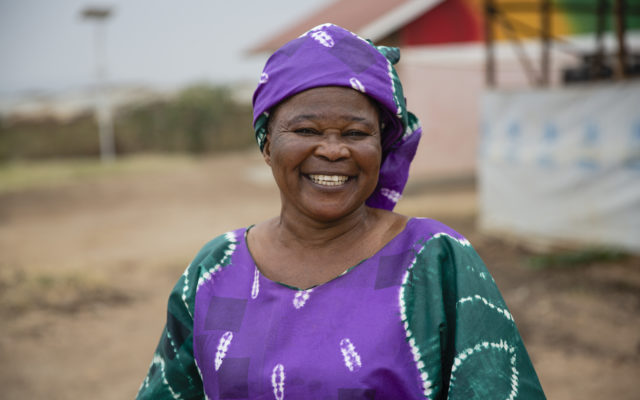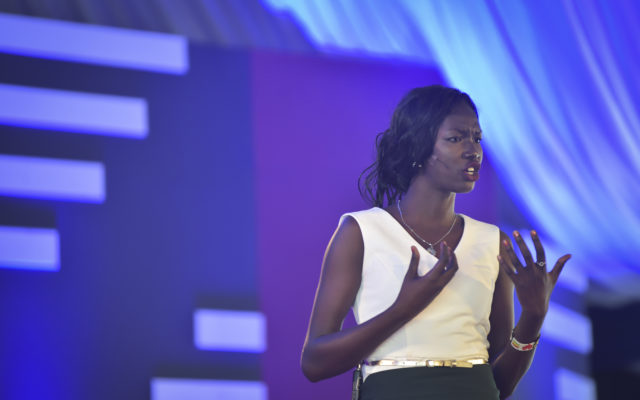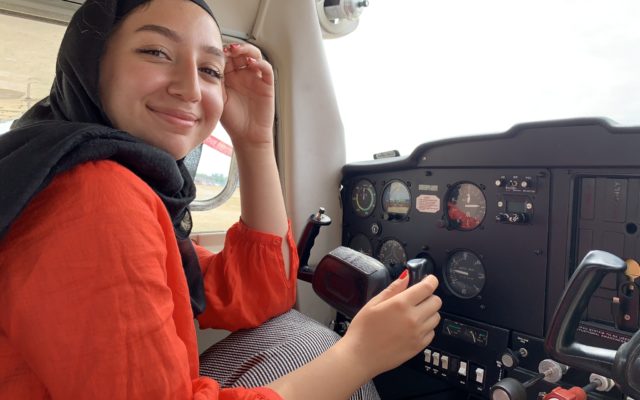Refugee girls: leaders of the future
Myshara is 13 and a leader among her peers.
© UNHCR / Will Swanson
At just 13–years–old, Myshara is already a leader, playing a crucial role in a peer-led mental health programme for young Rohingya refugees in Bangladesh.
Myshara is one of more than 860,000 Rohingya refugees in Cox’s Bazar, Bangladesh. She lives in Kutupalong camp, the largest of 34 camps in the district, having fled violence in Myanmar with her family.
More than half (almost 55 per cent) of Rohingya refugees in the area are children, and the mental health programme has been designed specifically for those aged 10–18 years old. Young refugees, like Myshara, lead regular discussion groups where children can discuss their feelings and learn about how to overcome mental health challenges.
Talking about feelings, particularly feelings of unhappiness and sadness, is not something Rohingya adults or children usually do, but the programme is teaching children that there is no shame in seeking help.
“It’s a great happiness for me to help others to talk of these things,” she says. “All this is helping to get rid of our dark experience,” says Myshara.
She admits she was initially daunted by the responsibility:
“At the beginning, when I was teaching the children, I used to be afraid. Now, I’ve broken through my fears and my shyness.”
Last year, the COVID-19 pandemic meant the group sessions had to be reduced or suspended just as children in the camps were having to cope with additional anxiety and confusion. They have now resumed but with smaller groups to allow for social distancing, and now almost 30,000 children are attending sessions.




